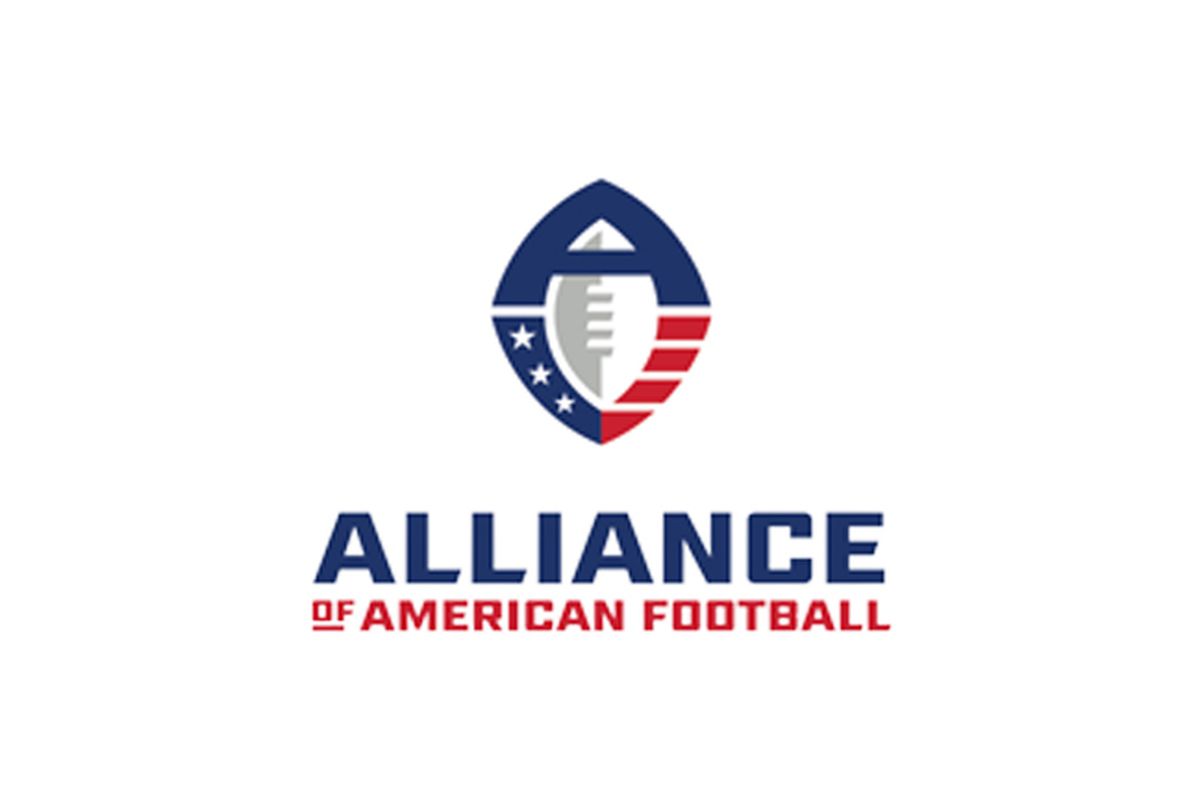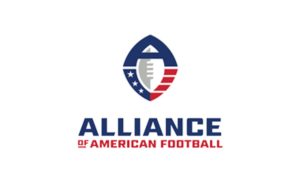The Alliance of American Football was fun while it lasted, but it’s been almost nothing but ugly since. While it’s been a nice story that the fledgling but failed league managed to produce over 40 players to date who have signed with NFL teams since they shuttered their doors, the group co-founded by Bill Polian and Charlie Ebersol has been taking public relations hit after hit.
The league folded a couple of weeks ago, of course, after Tom Dundon, the owner of the Carolina Hurricanes, elected to do so. Dundon was not involved with the AAF at all until after the first week of football had already been played.
His money was sought after an original primary investor had previously pulled out, and Dundon saved their bacon—for another seven weeks, anyway—by ‘committing’ $250 million, of which he only ended up spending $70 million.
Seemingly frustrated by the NFLPA’s inability to immediately give him what he wanted, which was a player loan program to allow the AAF to use bottom-of-the-90-man-roster NFL players, he decided not to spend any more money.
And while the AAF has subsequently publicly stated that their players are free to sign with NFL teams, they are not, apparently, free to sign with other leagues, including the CFL. This is in spite of the fact that these players are no longer being paid as part of the three-year contracts that every single one of them signed, even for the final two games of the regular season that were not completed.
According to Adam Schefter, the league views the contracts as assets that they hope to sell—to, you know, leagues like the CFL—in order to help recoup their losses and pay their many debts that they owe, which will be in the process of being gathered from them via lawsuits, two of which have already been filed.
AAF now viewing the players’ contracts as assets in potential bankruptcy proceedings…. https://t.co/1UQQrE8Hgz
— Adam Schefter (@AdamSchefter) April 12, 2019
Though it was Dundon’s decision to suspend the league’s operations, when he put forth his investment, he essentially became the controlling decision-maker, so perhaps the refusal to allow players to directly sign with leagues other than the NFL without being bought is what he wants. I have to note however that that is pure speculation on my part.
Regardless, whether or not it’s a practical and pragmatic business matter, it is a very bad look in the public sphere and, frankly, downright unfair. In a practical sense, these players are now tied to a league that doesn’t exist unless either an NFL team wants to sign them or another league is willing to purchase their rights.






